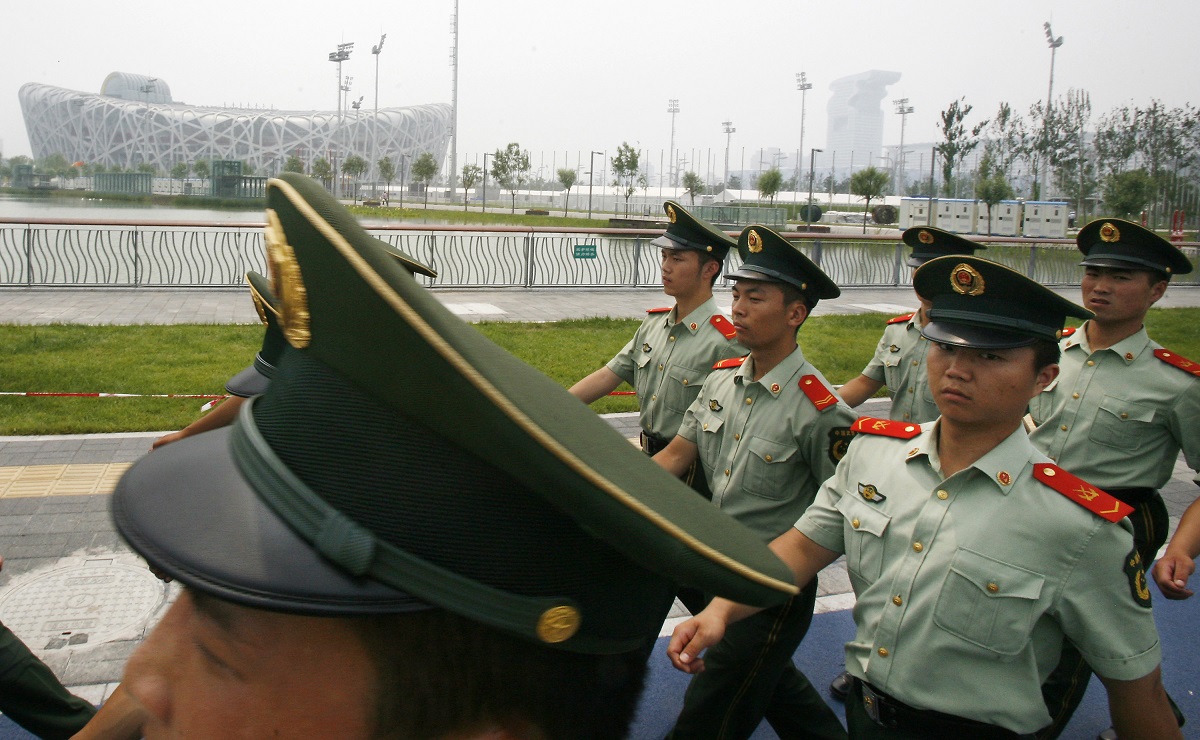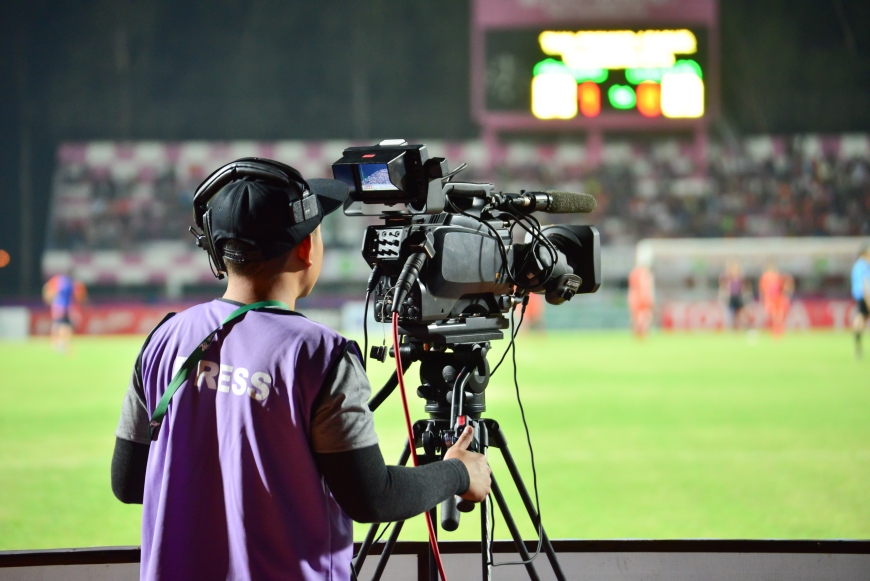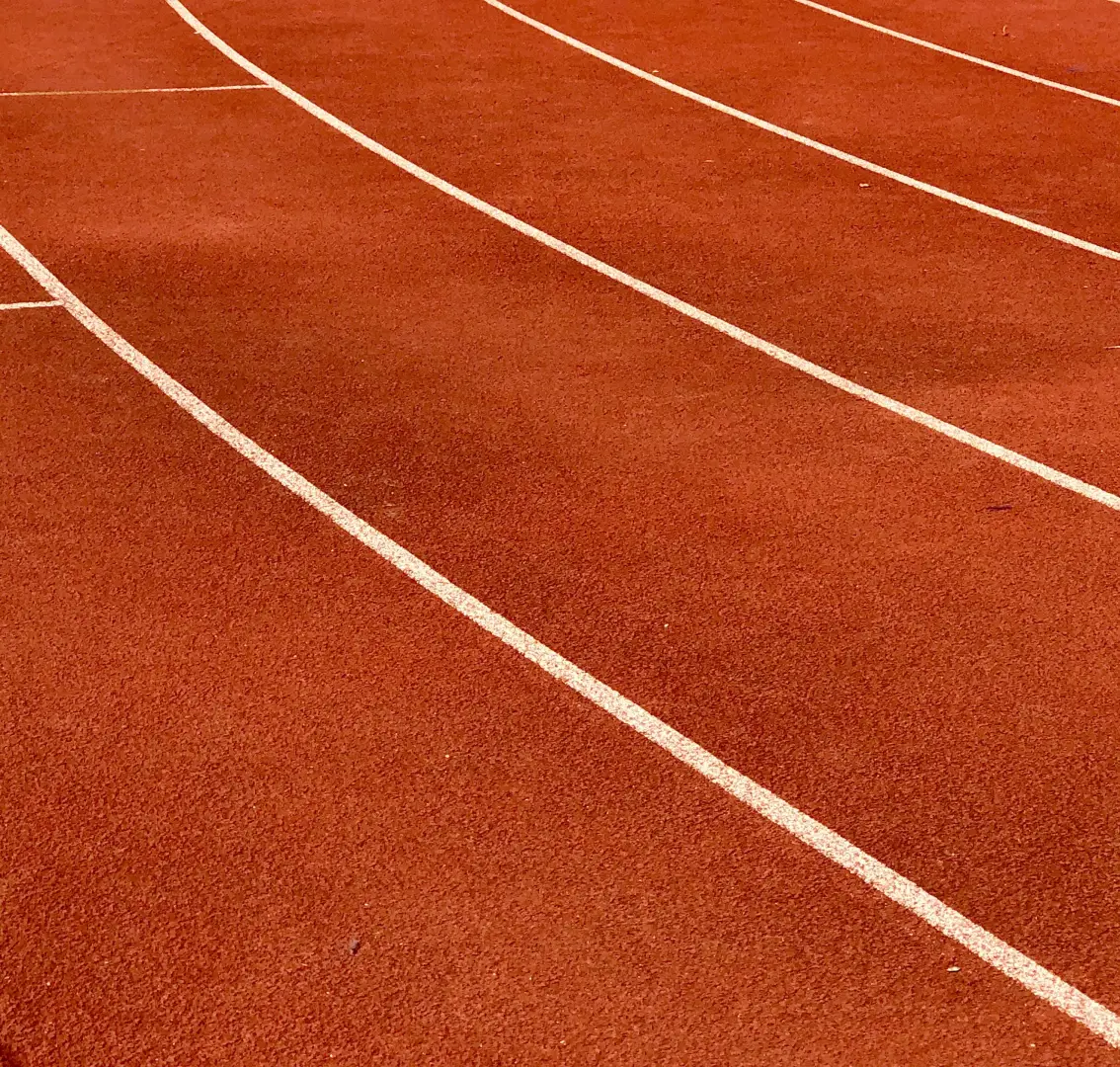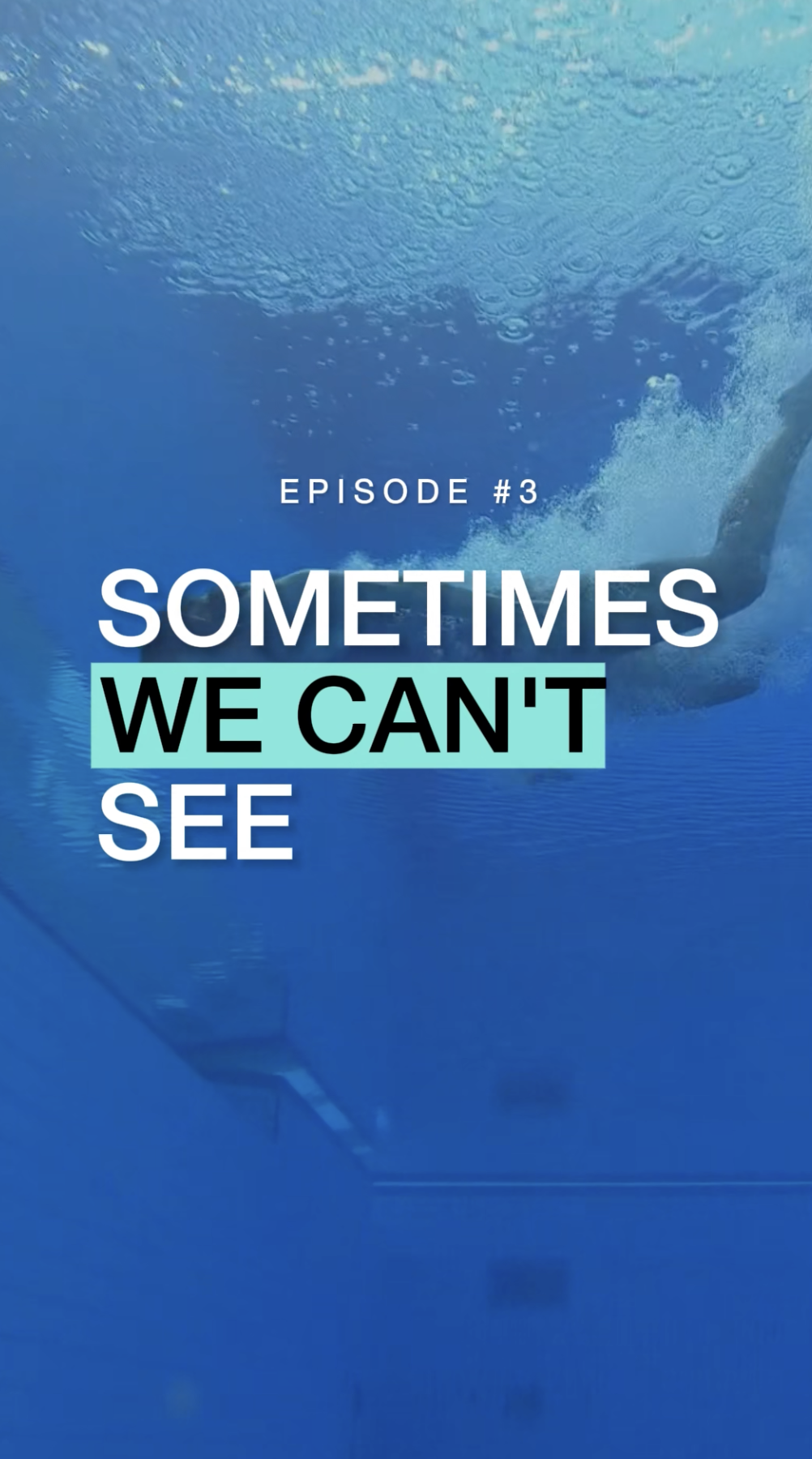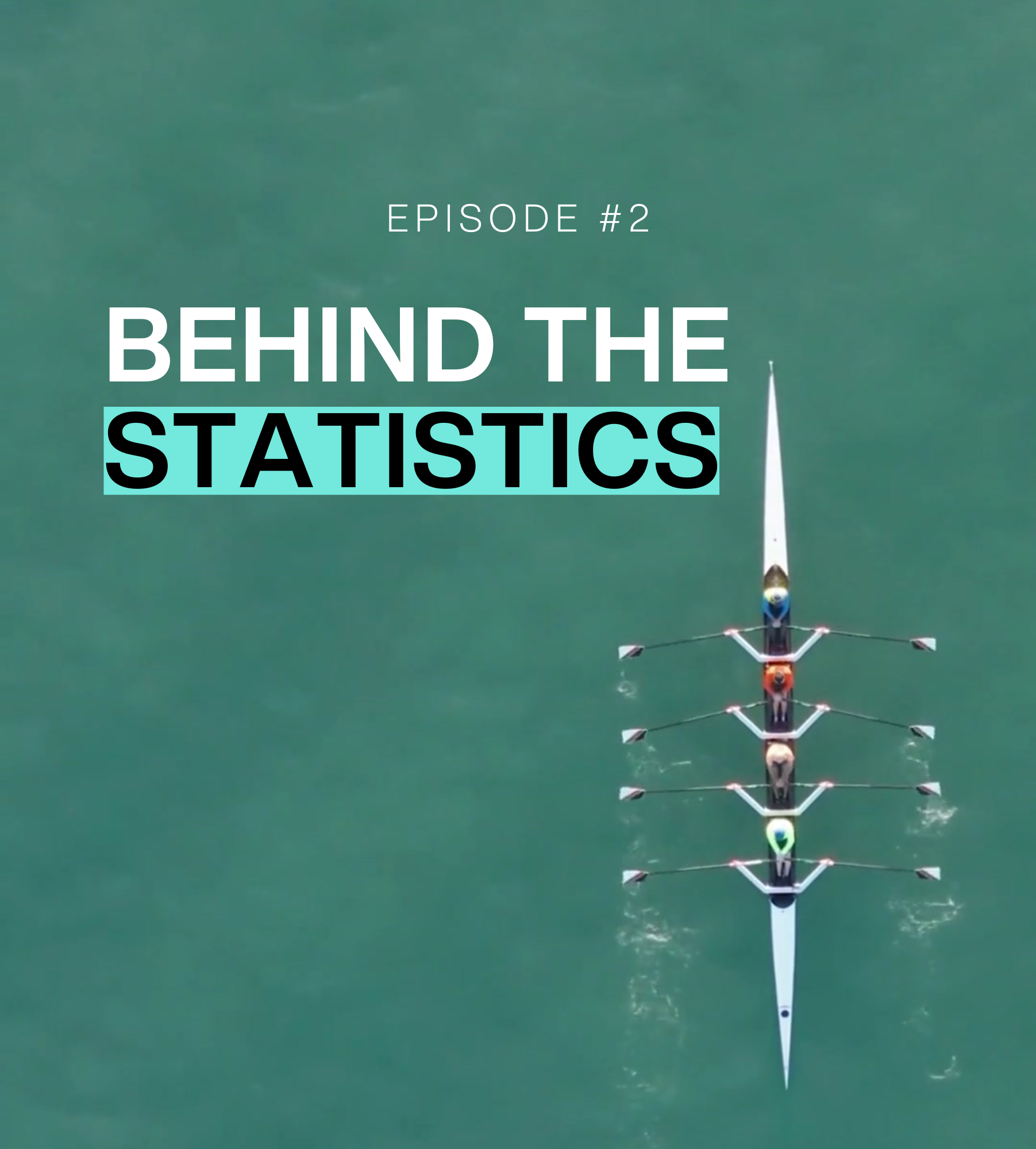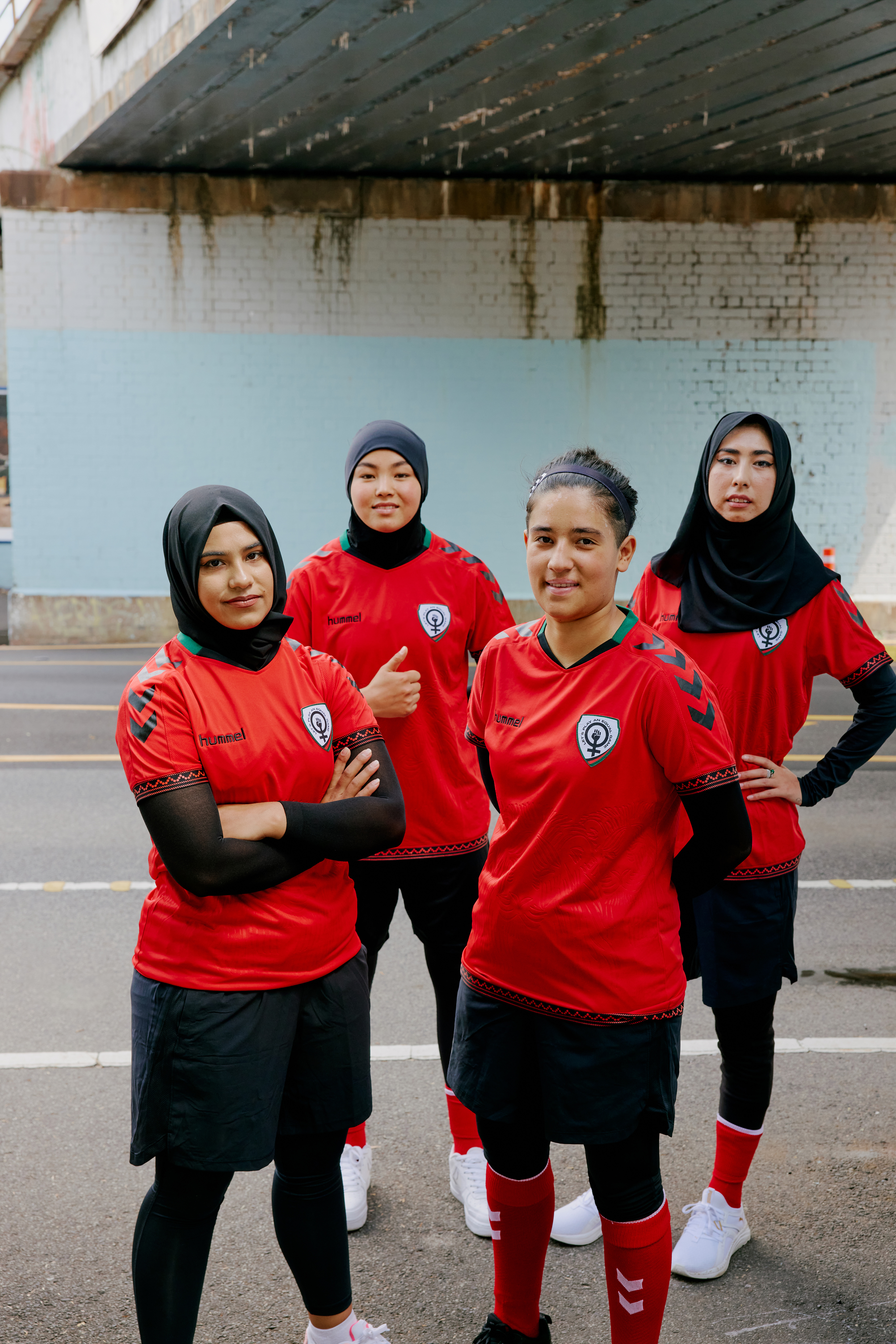Happening just six months after the delayed Tokyo 2020 Olympic Games, all eyes turn toward China for the Winter Olympics and Paralympics. Just as in 2008, the Communist Party of China will continue its legacy of sportswashing – using these Games to distract from its major human rights abuses. This Olympics will also provide the opportunity for Beijing to re-open the country to tourists and businesses after the COVID-19 pandemic and strengthen the perception of the Party’s validity, power and trust on the world stage.
Human Rights Abuses in China
Crimes Against Humanity in Xinjiang
The Chinese government is committing crimes against humanity against Uyghurs and other Turkic Muslims in the region of Xinjiang, including mass arbitrary detention, torture, mass surveillance, cultural and religious erasure, separation of families, forced labour, sexual violence and violations of reproductive rights.
Repression of Freedom in Hong Kong and Tibet
Since 2020, Beijing has increased its efforts to crush human rights in Hong Kong, including jailing legislators and journalists and devastating press and other freedoms. A particular tipping point was the closing of Apple Daily in June 2021, following the arrest of staff and freezing of assets by national security police, which Amnesty International called “the blackest day for media freedom in Hong Kong’s recent history.” In Tibet, the Party has continued to increase efforts to subjugate Tibetan identity and repress religious freedom in Tibet.
Failed Response to Covid-19
Chinese authorities initially covered up news about Covid-19 and the deaths of Chinese health workers and then surveilled and harassed families of those who died of the virus. Beijing’s silencing of human rights defenders, journalists and activists, and restrictions on the internet also make it difficult to obtain accurate and timely information about health conditions and what is actually happening in the country as the Olympics loom.
Silencing Activists and Athletes
China has a long history of silencing human rights defenders who speak out against the Party. Most recently, the founder and two staff members of a Chinese NGO that advocates for marginalized groups, were each imprisoned and sentenced to between two and five years in prison in a secret trial. This kind of repression extends to athletes as well. In 2008, Beijing cancelled speed skater Joey Cheek’s Olympic visa after he spoke out about China’s connection with human rights abuses in Darfur.
Gaps in the IOC’s Human Rights Protections for Beijing
Although human rights groups and trade unions have been calling out the IOC to include a “Principle 8 of Olympism”, the Olympic Charter still does not contain any language regarding the need to respect human rights. As for the Host City Contract, which determines the rules and responsibilities of the host city for a particular Olympics, the Beijing one is silent when it comes to human rights.
Another concerning policy of the IOC is Rule 50, which punishes athletes for asserting their right to free expression and protest on the podium. Though the IOC relaxed a complete ban on athlete protest ahead of Tokyo 2020, the rule remains in place – repressing free speech and signaling alignment with rights-abusing countries like China or Belarus, whose athletes cannot even criticize coaches without fear of retaliation by their national governments.
Opportunities to Fight Back
Through public pressure, we have made great strides toward embedding human rights in the world of sport over the last decade. Beijing 2022 is no different. When billions of fans turn their eyes, voices and hearts not only to the athletes competing in China, but also to the thousands of people suffering at the hand of its government – nothing is impossible.
“Increasingly, fans are saying that they don’t want to sit in a stadium that workers died to build, and they don’t want to buy clothes or products that may have been made with forced labour. FIFA, soccer’s global governing body, has adopted a human rights policy because of this global pressure. This means that the public has an incredible voice to demand reforms. These Olympics and Paralympics in China are a rare chance to do just that.” – Minky Worden, director of global initiatives at Human Rights Watch
Join this movement today by signing the petition to call for the release of Xinjiang detainees.
Learn More
Explore the following resources to learn more about China’s human rights abuses and the Olympic Games in Beijing – and stay tuned for upcoming campaigns and more ways to take action.
- Higher, Faster – Harsher: The Olympics Head to Beijing
- “Break their Lineage, Break their Roots”: China’s Crimes against Humanity Targeting Uyghurs and Other Turkic Muslims
- China: “Like We Were Enemies in a War”: China’s Mass Internment, Torture, and Persecution of Muslims in Xinjiang
- Hong Kong: National Security Law has Created a Human Rights Emergency
- UN: Growing International Concern Must Translate into Concrete Action over China’s Crimes Against Humanity in Xinjiang
- China: Tibetan Monk Jailed for Online Messages: Rinchen Tsultrim
